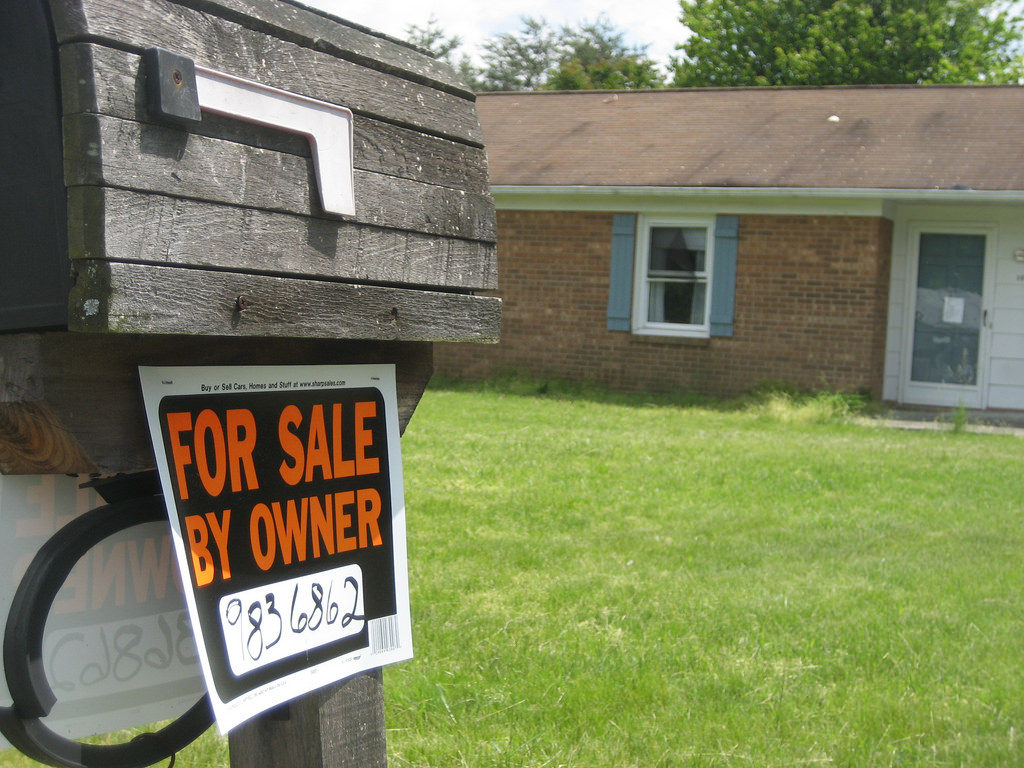
The definition of real estate property flipping is when a real estate investor buys homes and then turns around to sell them hoping to make a profit. To see a positive gain, the time between purchasing the property and selling it can range from months up to a year. Being your own boss and having the freedom to invest in real estate with the hope of earning more than a 9 to 5 job is very enticing. Here are two types of real estate flipping options:
- An investor buys a property and fixes it up to make money from selling the home at a higher price than what they paid for it.
- An investor buys a piece of property as is at a time when there is a rapid rise in home values. They hold onto the real estate for a few months and then resell it at a higher price to make an increased profit margin.
Property flipping sounds like a great way to increase your income, but is it for you? Of course, the right strategy plays a key role in the success of flipping. There is financial planning involving a capital gains tax, the right type of return you can expect, and choosing the right real estate.
Even though you are considering flipping a home, you should still conduct an inspection. Use an experienced contractor who can not only point out the obvious but who can also inform you of any hidden surprises once you begin a repair job. Whether you have real estate experience or you are an individual who flips properties for profit, please perform your due diligence.
In other words, before you purchase a flip property, ensure that the title is clear and free from liens. Work with a knowledgeable business planning and consulting firm with high-quality services for real estate investors and business owner resources.
To be a successful flipper, let’s follow the money. When you buy a real estate to flip and fix it up, the profit you receive is taxed under the capital gains rules. To be excluded from paying a capital gains tax, you can fix up your property and live in it for over two years because you are considered a homeowner.
As a flipped property, the IRS treats your real estate purchase as an inventory purchase and not a capital asset. Therefore, the IRS categorizes your flipped property profits as plain income that is subject to a self-employment tax. To enter the real estate game of property flipping, you must be aware of your upfront capitalized costs because it is a pricey expense before you make a good profit.
Your capital costs generally include the following:
*price of your real estate property
*upfront and indirect material and labor costs
*utility costs
*rent
*insurance
*production period interest for capitalizing costs in preparing a property for development and sale
Real estate taxes
If your flipped property is a rental, first you fix it up and then you hold it for a year which very likely will help negate your paying long-term capital gains taxes. Also, if you flip a home within one year, your gain is treated as a short-term capital gain which is taxed at your area’s lowest tax rate.
There are many reasons why people invest in flipping real estate properties. The TV flipping stars enjoy working with their creative hands, plus they have the money and time. If you want to make your flipping improvements a DIY project, you will save money of course, rather than hiring several home improvement contractors.
At the end of the day, whatever your reasons are for flipping real estate, know the rules of the game so that you don’t get stuck with lemons you can’t turn around and sell, thus spending more than your gain would have been.
Your key factors in flipping involve knowing your tax liabilities and purchasing costs, which means choosing the right properties, refurbishing costs, holding costs you can afford, and consult with experienced real estate flippers and business real estate consultants to save yourself an expensive headache.




